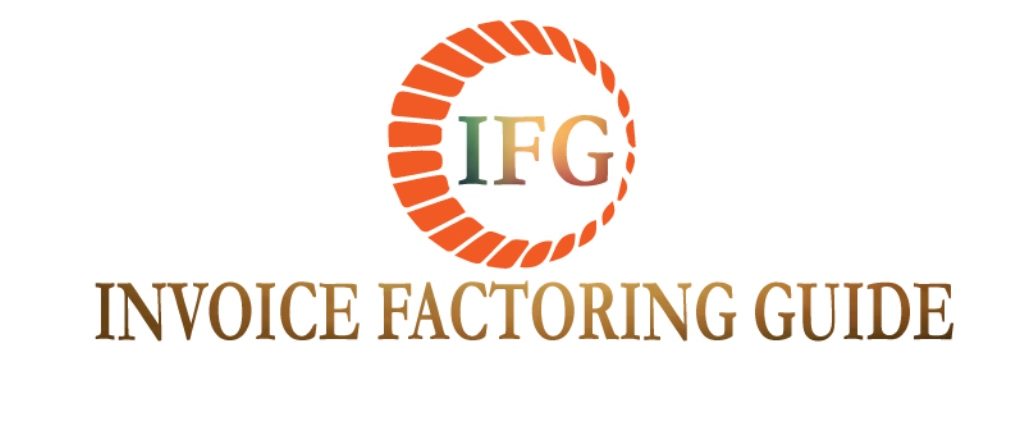Non Recourse Factoring Brings Peace of Mind
Non Recourse Factoring
 One of the best small business funding options is factoring-specifically, non recourse factoring. In non recourse factoring, the factor buys the invoices from the seller and assumes all the credit risk of repayment by the debtor.
One of the best small business funding options is factoring-specifically, non recourse factoring. In non recourse factoring, the factor buys the invoices from the seller and assumes all the credit risk of repayment by the debtor.
In other words, the credit risk is transferred to the factoring company. As such, the factor will charge the seller a slightly higher fee for providing this added security, which makes sense. We recommend finding an invoice factoring company that offers non recourse factoring. But the majority of factoring companies only offer our next type of invoice financing, recourse factoring.
Here is a tip, make sure you read the fine print of any factoring agreement executed on a non-recourse basis, because there may be an escape clause by which the invoice factoring company can still come after the business in the event of default. This is sometimes referred to as modified recourse factoring.
The factor could actually charge the business the higher up front factoring fees for providing the non recourse factoring, knowing they may be still be able to come after the seller in the event of a default resulting from a credit event. Pardon the cynicism but his has happened before and will surely happen again. This is one of the issues associated with factoring and other asset based lending options.
Recourse Invoice Factoring
While performing the initial due diligence, if the factoring company is nervous about the credit worthiness of your customers, they may only offer recourse financing, sometimes called ‘full recourse’ invoice factoring).
Under this arrangement, if the account debtor (your invoiced customer) ends up not making payment for whatever reason, you are ultimately responsible for the debtor’s payments. As the seller under a recourse factoring agreement, you could be forced to ‘buy back’ the invoice from the factor. Unfortunately, you still bear the default risk from the unpaid invoices. Since this covers the invoice factoring company, they charge the seller less in factoring fees to compensate for this.
If the account debtor doesn’t pay the invoices and you don’t (or can’t) buy back the invoices from the factor, they have some legal ‘recourse’ against you, including a lien on the assets (in this case, the invoices or accounts receivable).
Again, while factoring companies are concerned with your credit to some degree (even though they’ll say they aren’t) they are much more concerned about your customer’s credit. After all, they are the ones that owe the unpaid invoices.
What Non Recourse Factoring Misses
Well, up to this point you may be thinking that non recourse factoring if the way to go since it protects against the credit risk of account debtors. And that’s kinda the point of selling off the invoices isn’t it?
But many people don’t read the factoring agreement’s fine print. If they did, they’d know that non-recourse doesn’t cover ‘quality of service’ issues or customer disputes. So, even though you’ve been paying higher non-recourse factoring fees, you may not have the default protection you thought. If you operate in an industry where there are a lot of returns, invoice factoring may not be the answer. As you can see, the line can blur between recourse and non recourse factoring and it’s no surprise it’s one of our most frequent invoice factoring FAQs.
Which Type of Invoice Factoring Should I Choose?
It really comes down to your comfort level with the account debtors. By the time you commence with invoice factoring, you should have a pretty good idea of your customer and their what their financial situation is.
If you are comfortable with the debtor and are factoring receivables simply because you need the improved cash flow, then consider recourse invoice factoring because you will pay less in fees to the factoring company.
But if you have some reservations about the debtor’s ability to pay, non recourse factoring may be the way to go. Certainly consider this method if the factored invoice is very large (or an outsized percentage of your normal accounts receivable) which could have a material impact on your business. Again, you’ll pay more in accounts receivable factoring fees but you will be protected from the credit risk of the debtor. Some factoring companies, like Crestmark Bank in Michigan, offer both types of factoring. The more options the better.
But here’s something to keep in mind- non recourse factoring doesn’t fully protect the seller from credit risk. So the factor may still ‘have recourse’ with the seller.
The invoice factoring company likely wouldn’t make the seller immediately buy the invoice back in full, it will probably come out of a reserve account the factor established as a result of their due diligence. If it didn’t establish a reserve account, next group of factored invoices will settle the issue. This is one of the reasons invoice factoring companies push for longer-term contracts. A one-year factoring agreement is typical.
